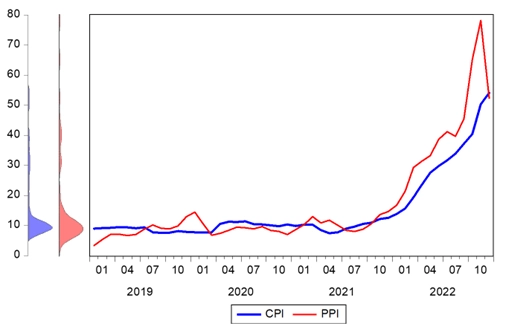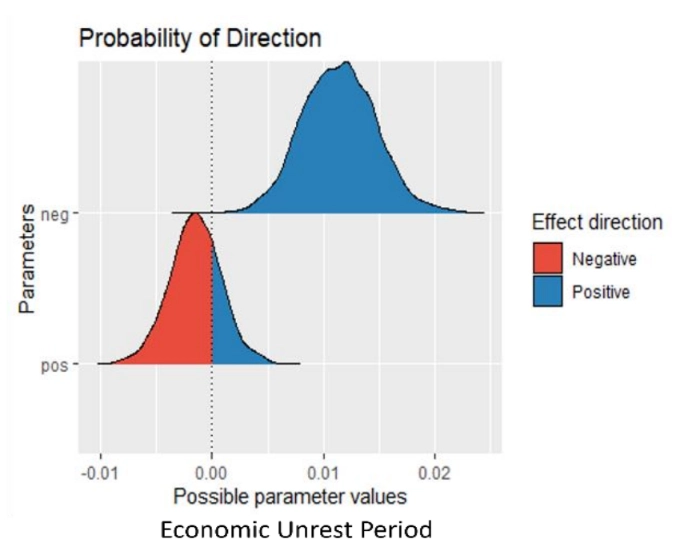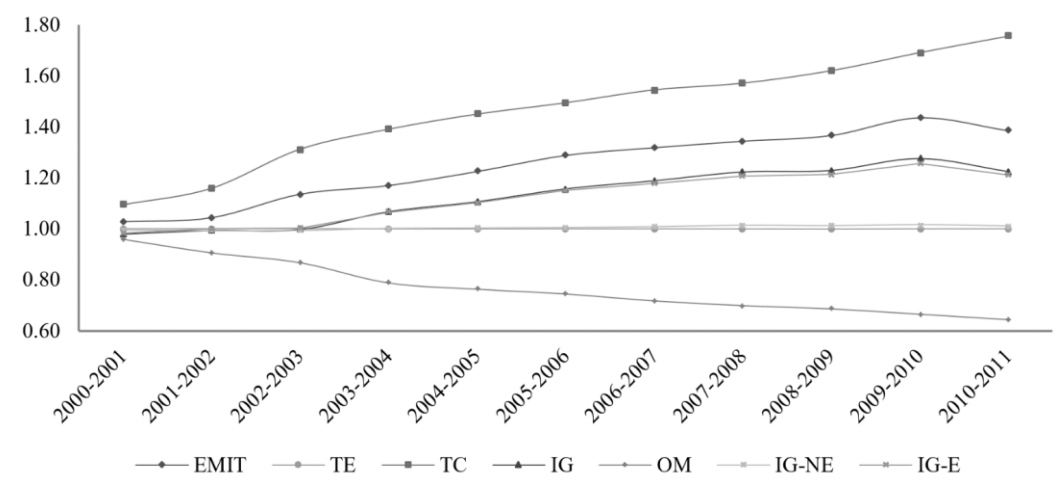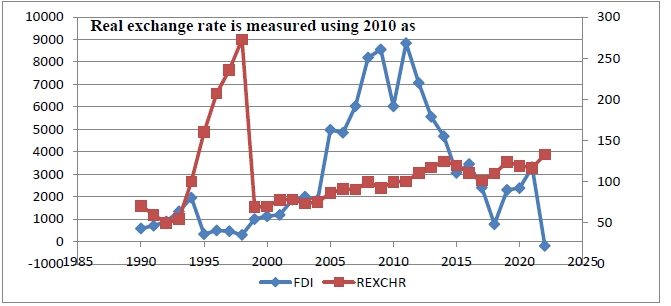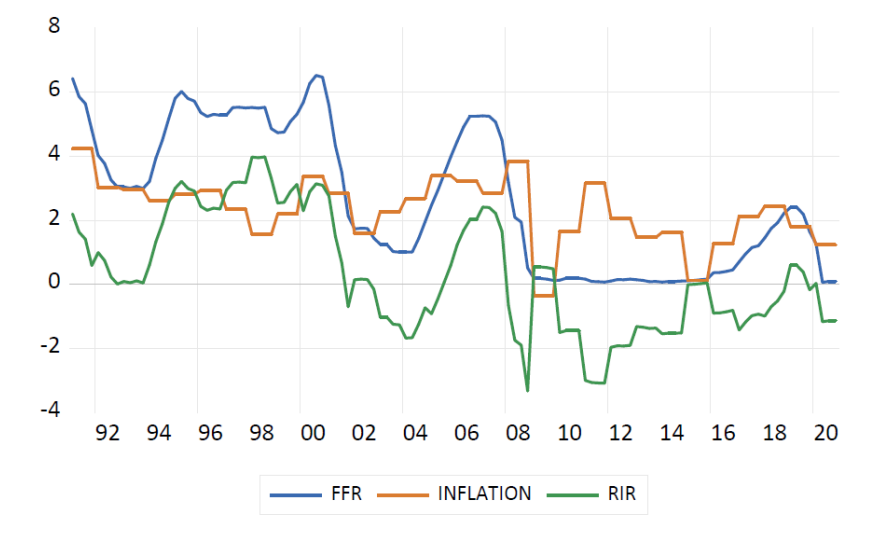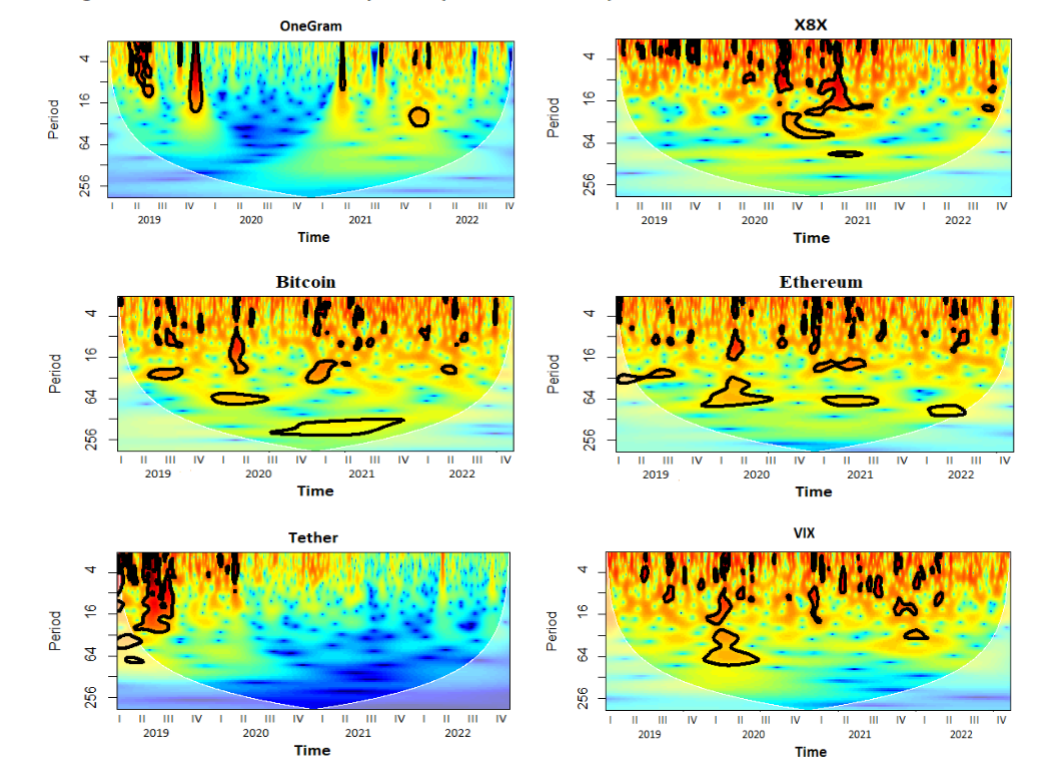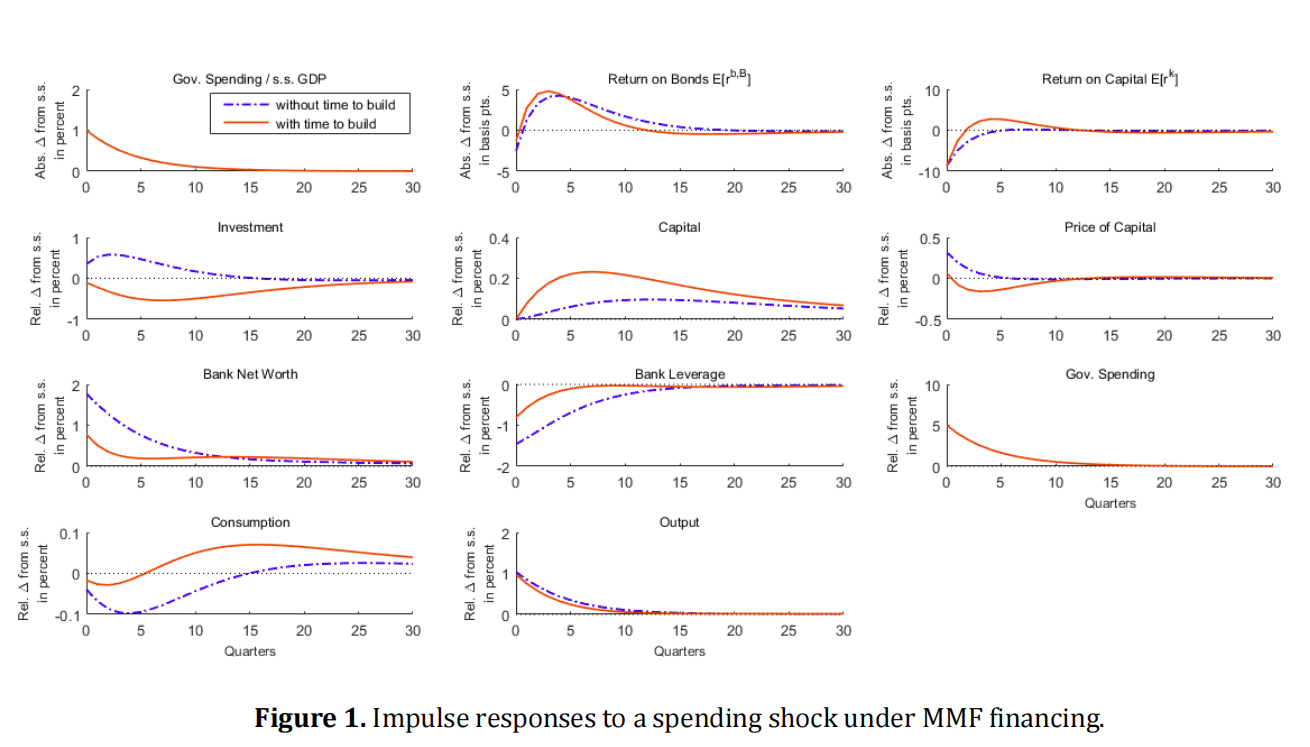Open Access
Journal Article
Effect of Entrepreneurship Development on Employment Generation in Nigeria: A Case Study of Nasarawa State
by
Attahgani Angyu Gambo
, Michael Akpan
, David Ogwuche
and
Richard Umeokwobi
FEL 2025 4(1):41; 10.58567/fel04010002 - 15 March 2025
Abstract
The paper examines how the growth of entrepreneurship affects the generation of employment opportunities in Nasarawa State. Even though entrepreneurship is crucial for generating employment, there are still obstacles in the way of its growth. These include limited support from governmental and non-governmental organizations, difficulty obtaining financing and microcredit, prope
[...] Read more
The paper examines how the growth of entrepreneurship affects the generation of employment opportunities in Nasarawa State. Even though entrepreneurship is crucial for generating employment, there are still obstacles in the way of its growth. These include limited support from governmental and non-governmental organizations, difficulty obtaining financing and microcredit, proper training and enlightenment etc. The objective of this paper is to investigate how the growth of entrepreneurship affects the creation of jobs in Lafia, Nasarawa State. The study used a descriptive research design, and the means used for gathering data was a questionnaire given to new entrepreneurs in Lafia, Nasarawa State. A sample size of 375 was determined from a population of 1604 using a Smith (1984) sampling formula; this sample represented the number of questionnaires that were delivered. This findings of the research demonstrated that the creation of jobs in Nasarawa State is significantly impacted by the growth of entrepreneurship. This implies that through entrepreneurship development, self-reliance and employment opportunities have been created in Lafia, Nasarawa State. Through this, youths have been able to develop a way to create value in the society. More so, this study revealed that access to credit (micro credit) has a significant effect on employment creation in the State. Having acquired knowledge on how to manage finance they make sound financial decisions. Lastly, the study showed that the number of new businesses established has a significant effect on employment creation in Nasarawa State. This result implies that youths who apply their entrepreneurship skills and creativity in one nature of business or the other have been able to earn a living out of it in Nasarawa State. This paper thus suggests that the Nasarawa State government should genuinely recognize the relevance of entrepreneurship development and provide an enabling environment. Both the government and institutions should ensure that youths get adequate financial credit (micro-credit).
Open Access
